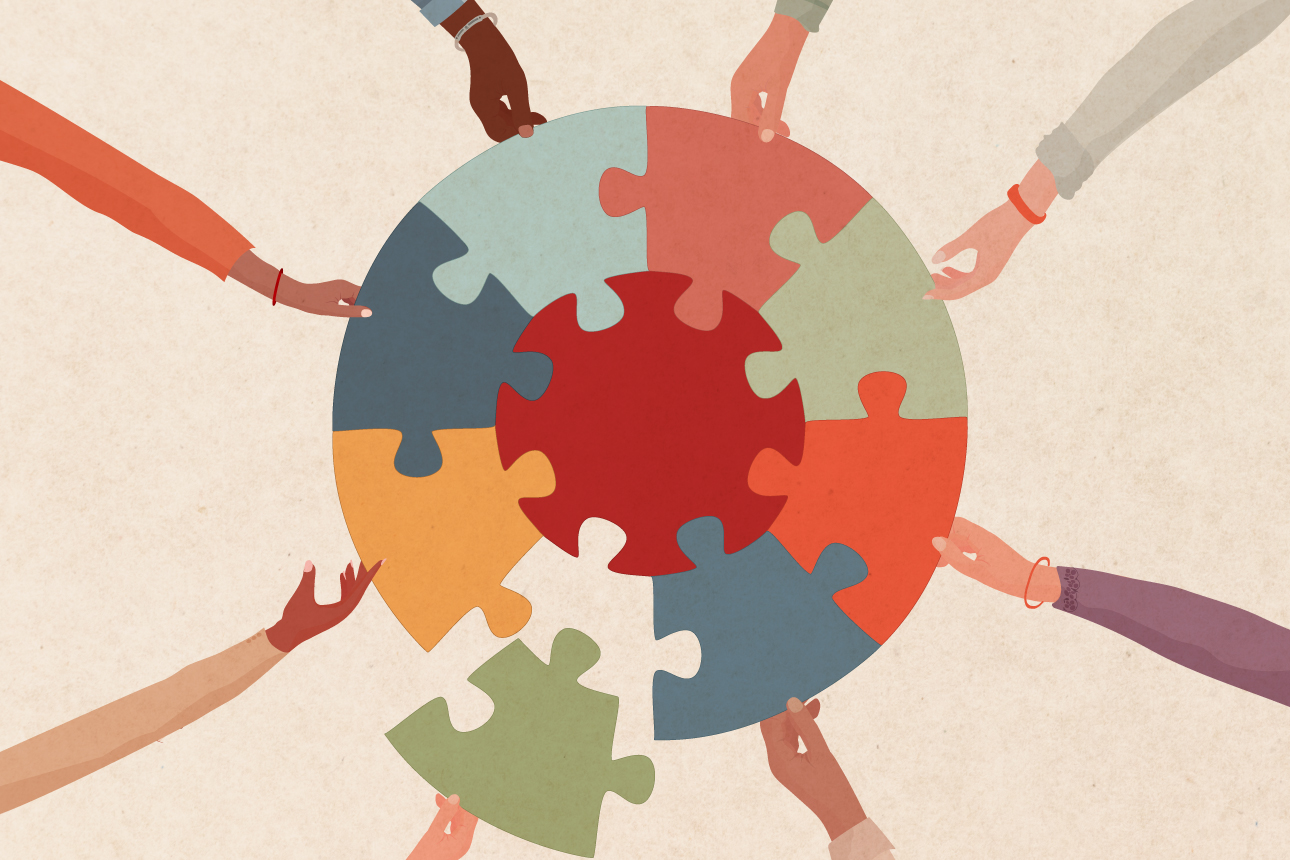
My paper is about solving the collective-action problem that inhibits humanity from creating sustainable communities. I highlight five major key points.
- We must understand the insecurities created by fear of death.
- Worm at the core gives examples of how insecurities lead to violent tendencies and self-destructive behavior
- TDM is essential for creating strong communities that are necessary for fostering sustainable habits
- Worm at the core gives solid evidence that explains individuals with strong bonds are more likely to collaborate.
- Strong communities mean that individual values and goals become group goals
- People are more likely to live selflessly, this means giving back to the community in a sustainable way. Recycling, Reusing, etc
- We need to cultivate a culture that promotes sustainability
- Cultures are a set of informal rules and norms, often times they are more influential
- Culture can spread awareness
- Sacrifice is needed for change
- Self-sacrifice must be ingrained in a sustainable culture
- Litfin mentions that a sustained cycle of life and death must involve sacrafice
- The planets life-force functions on the earths organisms taking but also being able to give back
- For example, planting three trees after cutting down three trees
- Solving the collective action problem
- The tipping point (motivating the moderate voter)
- Pressuring key legislature
- Organizing a movement
- Public accountability
- Incentivizing the public
Although I don’t mention it very much in the paper, my project, beyond plastics, is about creating legislation that incentivizes people to recycle, reuse and reduce. It’s also very important to note that the legislation Beyond Plastics is trying to pass is intended to be the groundwork for future sustainable practices. But I think the most important part of the project is getting people to collaborate. To answer the question of solving the collective action problem, we can look at our group projects. The assignment is structured where individual goals are aligned with group goals, thus incentivizing individuals to work together toward a common goal. This is a selective incentive that is critical to understanding my paper. The paper is structured as follows, understanding how we can optimize individuals into a group activity and optimize groups efficiently and get more people involved in the group.
My conclusion is this: Our deaths have meaning through our actions and the sacrifices we make. Our histories are built upon the collective contributions of every individual who has ever lived. Group action is crucial to progress, but individual action is the first step.



